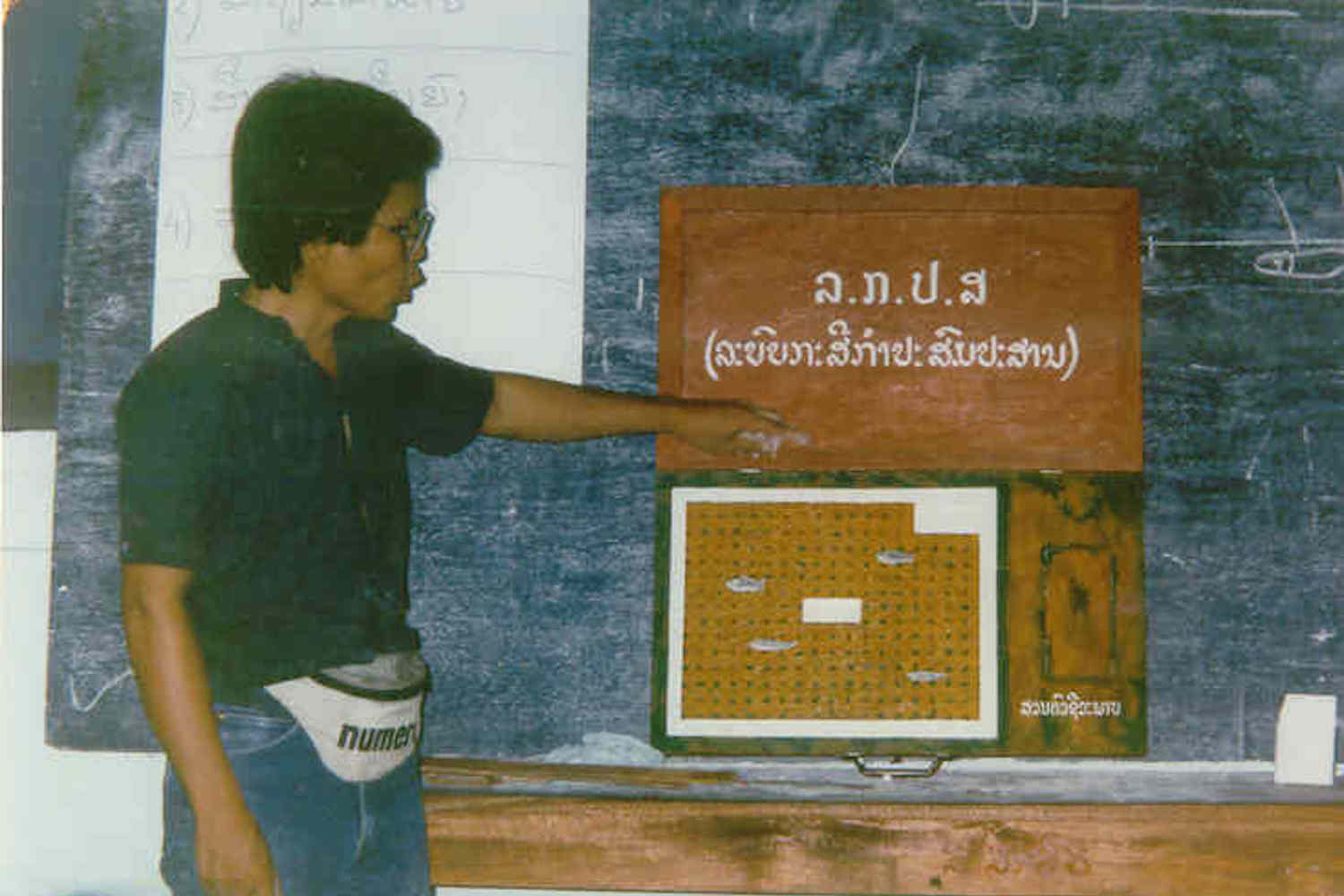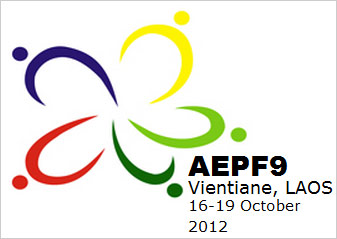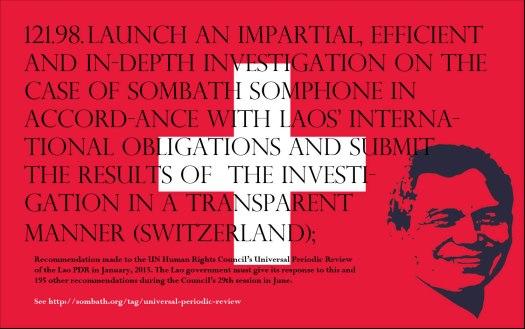Pressenza: 21 May 2015
‘I stand before you humble and a little sad that it is I who is here to receive this Special Award for Human Rights’, said Shui Meng Ng, wife of Sombath Somphone upon accepting the 2015 Gwangju Special Award for Human Rights in Gwangju, South Korea last Monday on the 18th May. ‘It would have been such a happy occasion, and such an honour, if Sombath could be here to receive this Award himself. Unfortunately, circumstances do not allow it.’
The Gwangju Prize for Human Rights was established in 2000 to promote the spirit of the May 18 Democratic Uprising. The May 18 Democratic Uprising took place in the city of Gwangju, South Korea from 18-27 May 1980. At the time, Gwangju citizens took up arms after local students, who had been demonstrating peacefully against the Chun Doo-hwan government, were fired upon, killed, and beaten. Estimates suggest up to 606 people died in just a few days. It is deemed one of the turning points in the South Korean democracy movement. Every year, May 18 is commemorated with ceremonies and festivities, including the Gwangju Asia Forum and the Gwangju Prize for Human Rights. Continue reading “Sombath Somphone Receives the 2015 Gwangju Special Award for Human Rights”


















